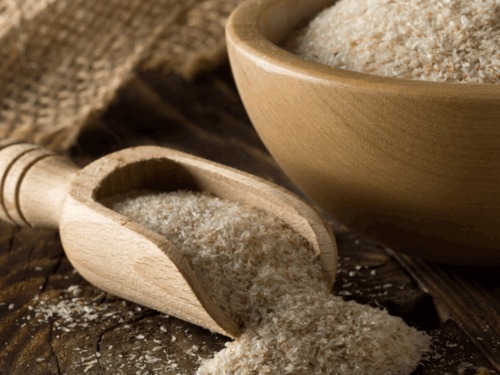Psyllium Husk
Psyllium, also known as ispaghula or isabgol, refers to the seeds of several plants from the genus Plantago, which are commercially valued for their mucilage content. Botanical & Common Names Botanical Name: Plantago ovata Common Names: Psyllium, Isabgol Packing Available in: 500 g, 1 kg, 5 kg, 10 kg, 25 kg, 50 kg Availability In India, psyllium is […]
Read MoreAbout Psyllium Husk:
Psyllium, also known as ispaghula or isabgol, refers to the seeds of several plants from the genus Plantago, which are commercially valued for their mucilage content.
Botanical & Common Names
Botanical Name: Plantago ovata
Common Names: Psyllium, Isabgol
Packing
Available in: 500 g, 1 kg, 5 kg, 10 kg, 25 kg, 50 kg
Availability
In India, psyllium is primarily harvested from March to July.
- New Isabgol crops: March – May
- Sat-Isabgol (processed husks): Mid-April – End of July (prime season)
Specifications
Psyllium seed husks, also called ispaghula or isabgol, are derived from the seeds of Plantago ovata, native to India and Pakistan. They are water-soluble and swell to form a mucilaginous substance when wet.
Uses
- Relieves constipation, irritable bowel syndrome (IBS), diverticular disease, and diarrhea
- Supports regular gastrointestinal transit as a dietary supplement
- Used in traditional Indian Ayurvedic medicine
- Also used in China, the United States, and Europe

